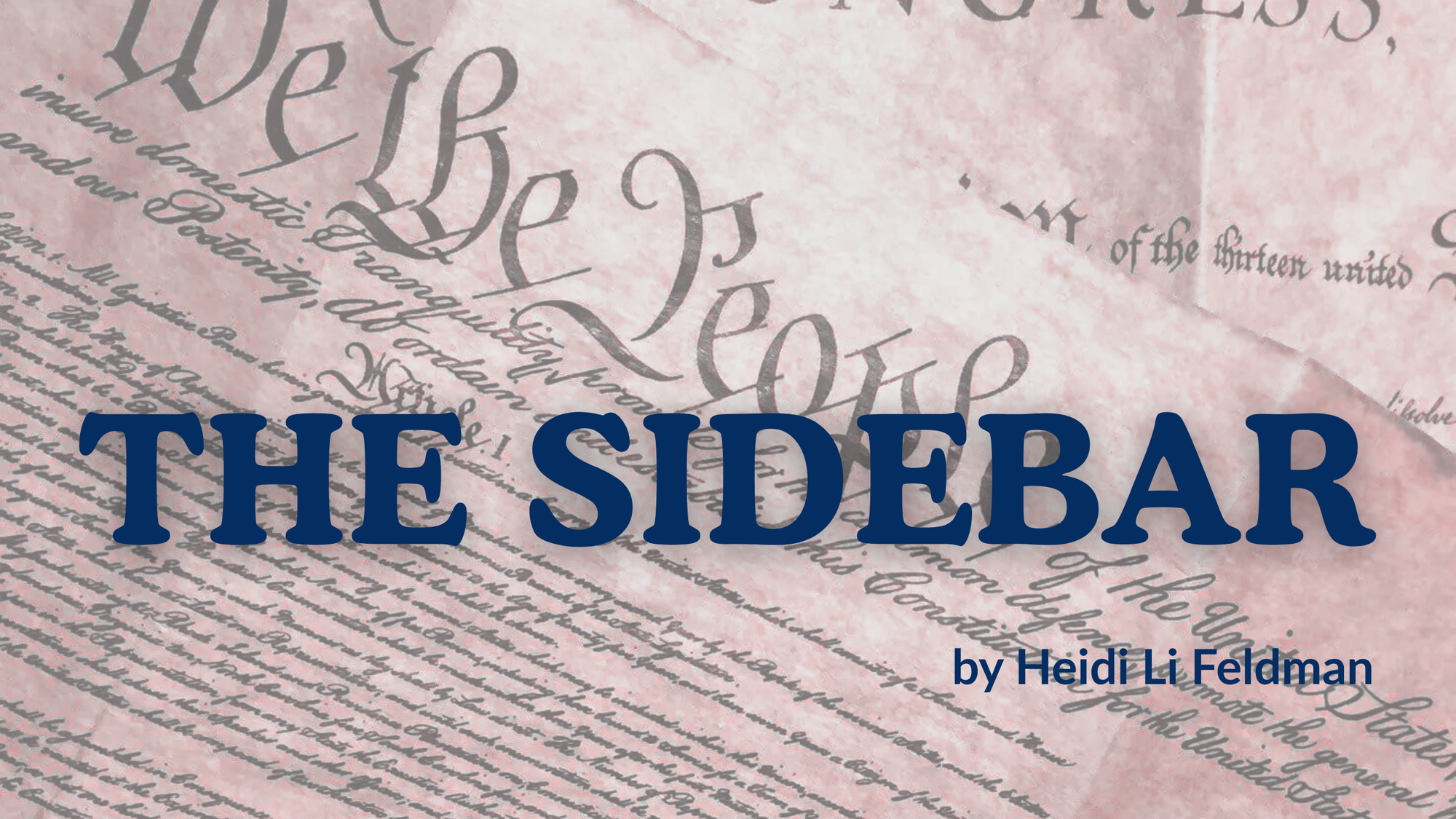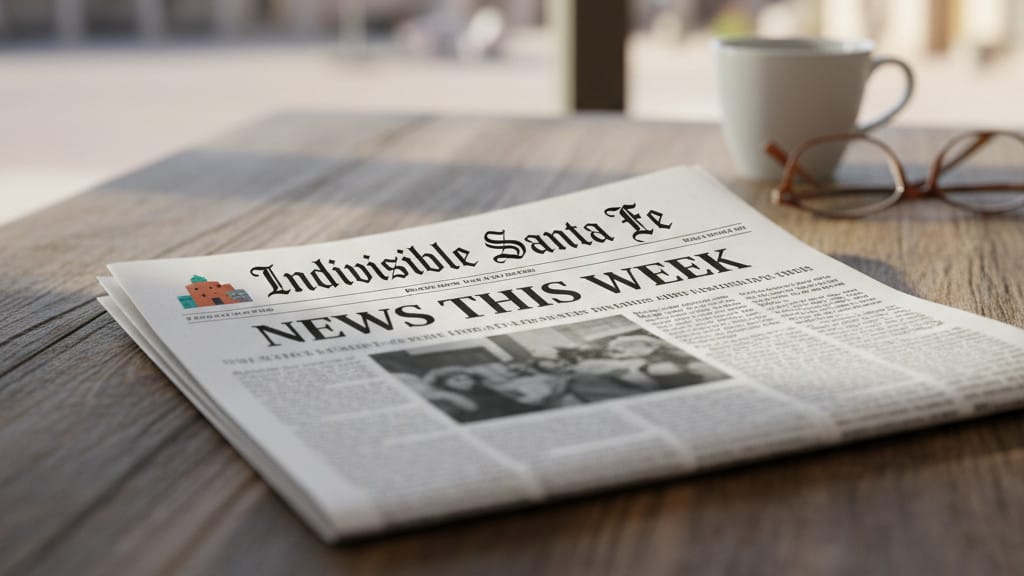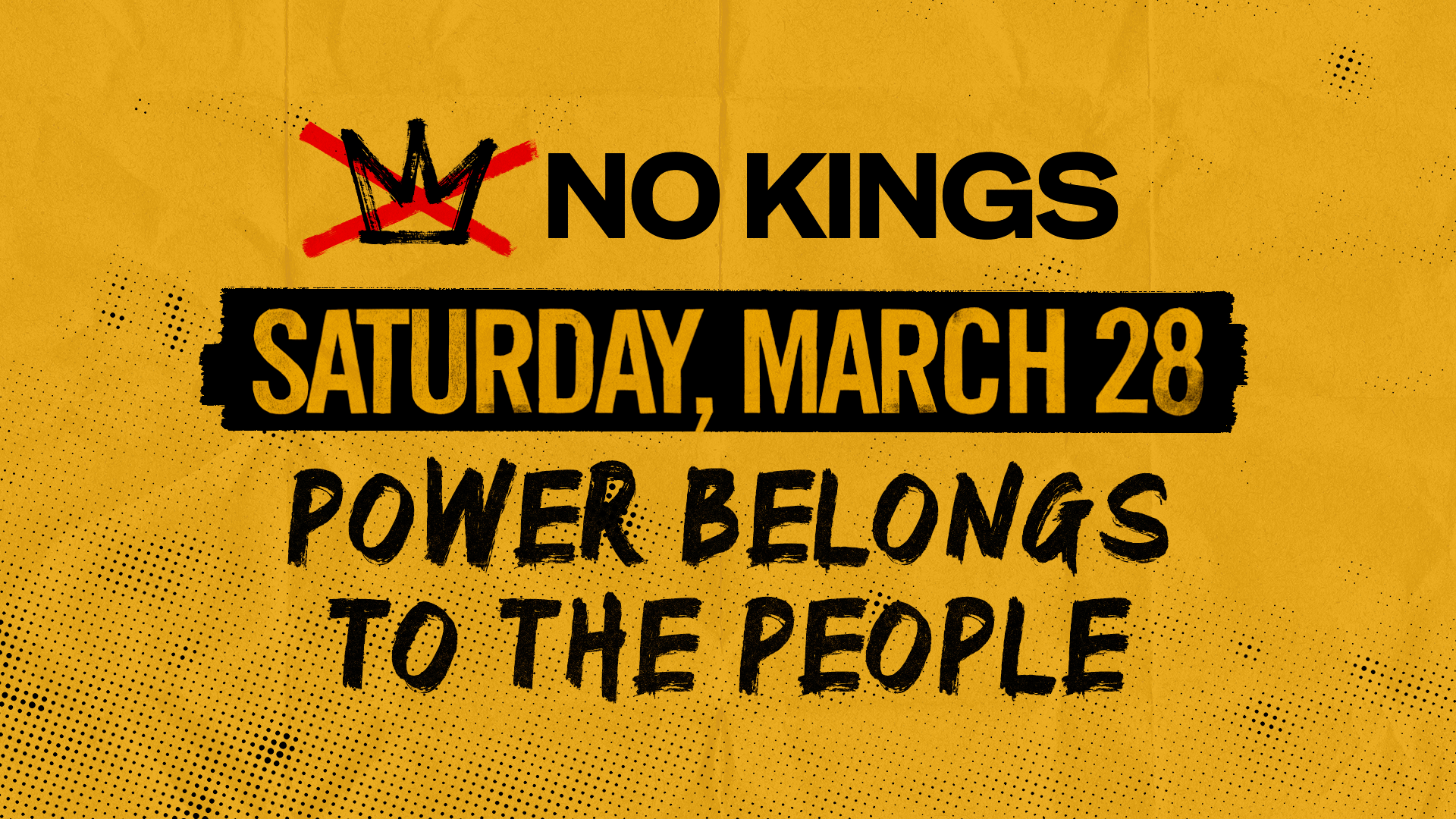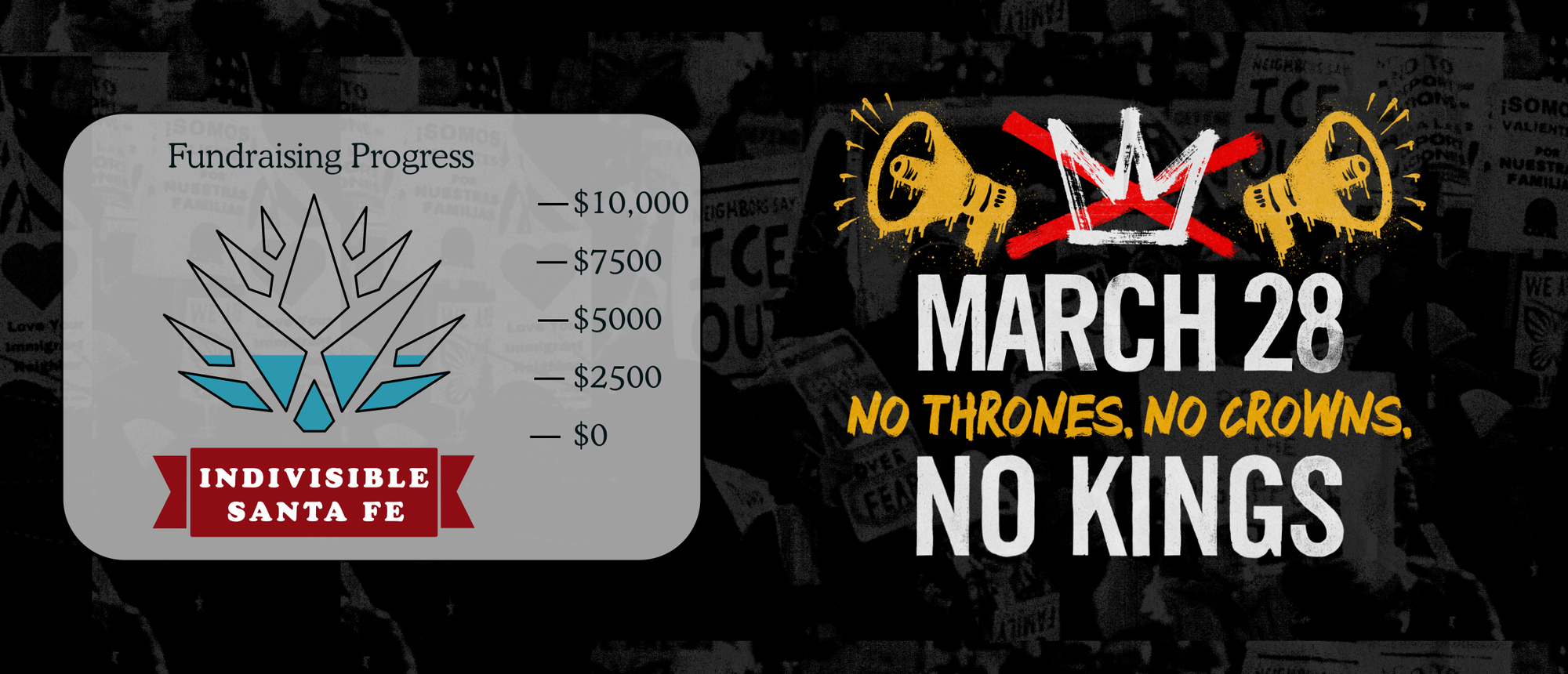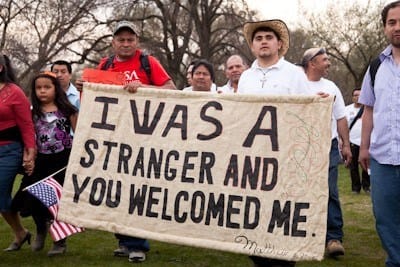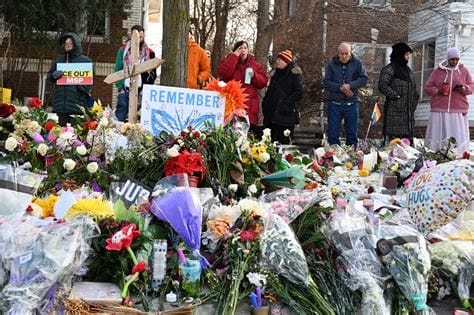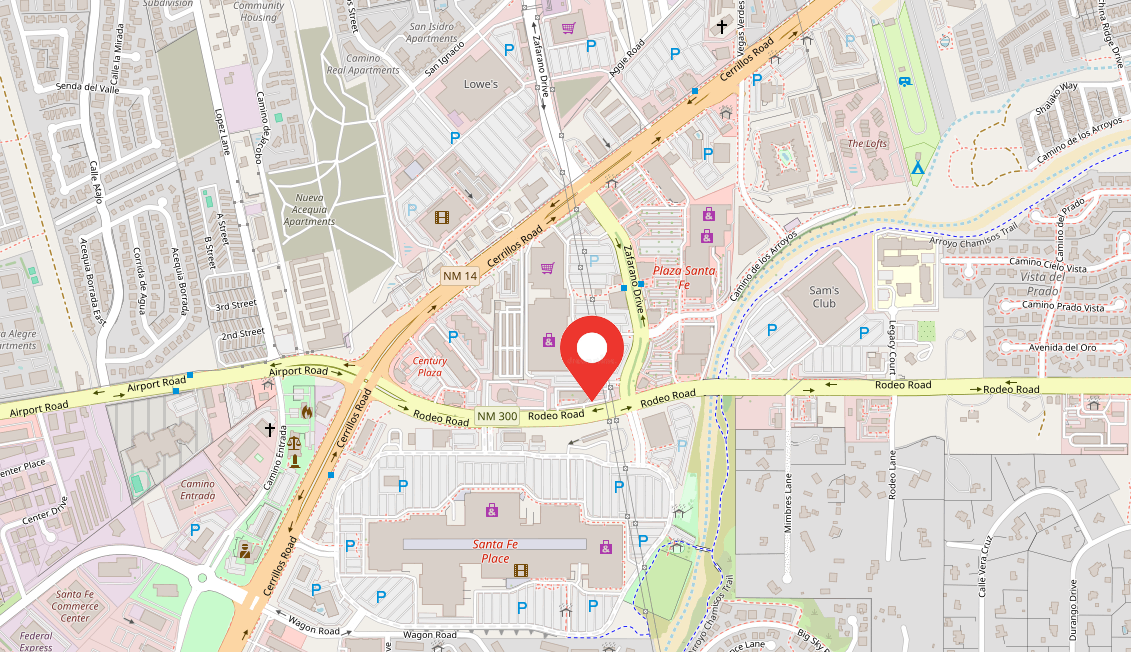Today is a national day of action, convened at the national level by a large consortium, “to respond to the attacks on our civil and human rights by the Trump administration.” According to these national organizations: “Coined by civil rights leader Congressman John Lewis, “Good Trouble is the action of coming together to take peaceful, non-violent action to challenge injustice and create meaningful change.”
In Congressman Lewis’ own life, he engaged in different kinds of collective action. As a young man in Nashville, Tennessee in the late 1950s, Lewis participated in workshops on nonviolence, theory and practice, led by Reverend James Lawson. Lewis and other students from Nashville’s historically black colleges and universities put their training to the test when they staged sit-ins at segregated lunch counters in Nashville’s downtown stores. In 1961, after more training in nonviolent direct action, Lewis joined with white and black Freedom Riders who rode buses together to publicize the bus companies’ failure to comply with Supreme Court decisions banning racially segregated interstate transportation and racially segregated accessory facilities such as terminals and restrooms. The Nashville students were met with insults and people throwing food at them, the Freedom Riders by serious, organized physical violence. In a show of camaraderie and self discipline, both groups stuck to their training, suffering indignity, arrest, and assault without responding in kind.
Later, continuing his involvement with the Student Nonviolent Coordinating Committee (SNCC), Lewis spearheaded the Mississippi Freedom Summer Project, which included community education, voter registration, and ultimately a challenge to Mississippi’s all-white delegation to the Democratic National Convention. He joined other activists in the march from Selma to Montgomery to demand voting rights for African-Americans. Still later, after losing a fight to keep SNCC committed to nonviolence, Lewis continued to work on voter registration for African-Americans. Eventually, Lewis ran for Congress as a Democrat, beating Julian Bond, to win a seat representing an Atlanta, Georgia U.S. House district, rising to the position of Chief Deputy Whip for the Democratic Party leadership in the House.
Throughout every phase of his career, John Lewis put his name to his actions and his organizations’ names to theirs. He was honest in his dealings, telling people when he was asking them to risk arrest, or physical abuse, or both. Congressman Lewis’ integrity was his badge of honor. His fellow Representatives referred to him as “the conscience of the Congress.”
Tonight, Indivisible Santa Fe is presenting a special screening of the biographical documentary, John Lewis: Good Trouble. Every seat is booked. We will be joined by the current president of the Santa Fe NAACP and members of the broader northern New Mexico community. Together, we will learn more about Lewis and his work. The knowledge we gain will enhance our own efforts to fight together for the survival of constitutional democracy in the United States, the protection of the vote and ballot access, and a resurgence in individual civil and human rights.


